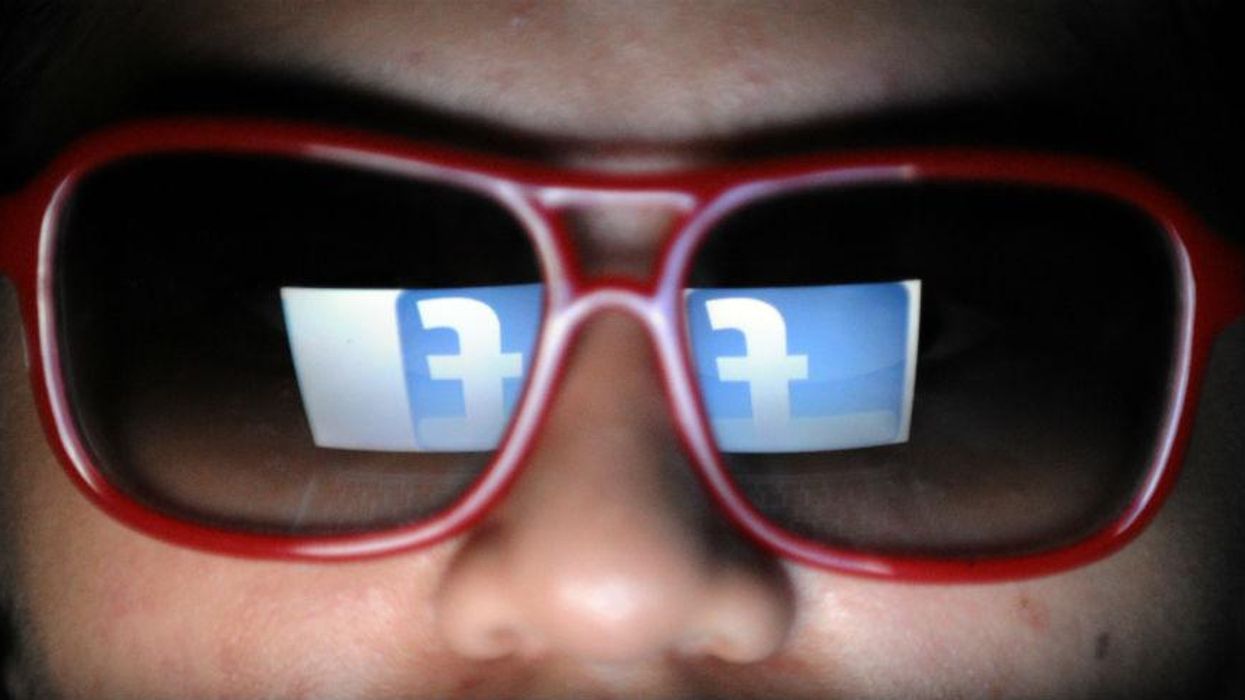Science & Tech
Evan Bartlett
Mar 01, 2015

People who like conspiracy theories are highly receptive to outlandish claims on Facebook and rarely read articles or interact with pages that question their beliefs, according to new research.
A team of Italian and American researchers, publishing their work in PLOS ONE, set out to analyse the hostility to science which they believe is promoted on social media by studying 1.2 million Facebook users.
They found that 91.53 of people who like "conspiracy theory" pages generally only engage with other conspiracy theory pages. They also found that pages which promote conspiracy theories are a lot more likely to attract likes and shares than those telling the truth.
To test their theory further, the team of researchers then created their own biased or sarcastic comments that went against the mainstream scientific view.
These posts are clearly unsubstantiated claims, like the undisclosed news that infinite energy has been finally discovered, or that a new lamp made of actinides (e.g. plutonium and uranium) might solve problems of energy gathering with less impact on the environment, or that the chemical analysis revealed that chem-trails contains sildenafil citratum (the active ingredient of Viagra™).
- Research team
They found that 77.92 per cent of likes and 80.86 per cent of comments on those posts were from users who usually interact with conspiracy stories. They believe their research shows that "where unsubstantiated rumours are pervasive, false rumours might easily proliferate".
More: Fake news websites are becoming more popular on Facebook and Twitter
HT Raw Story
Top 100
The Conversation (0)
x













